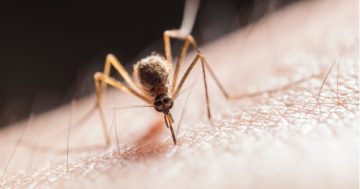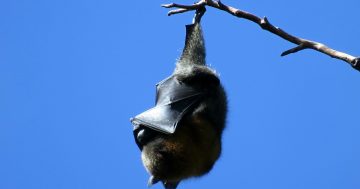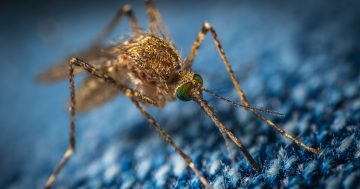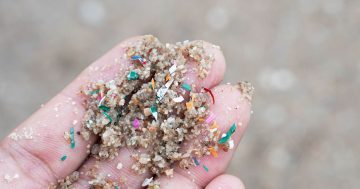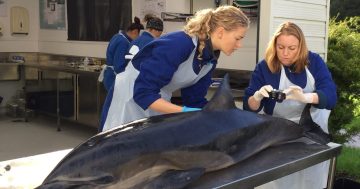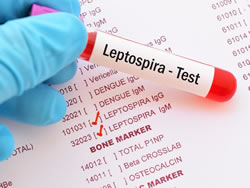 A significant increase in the bacterial disease leptospirosis has been recorded in the State this year with numbers almost doubling in 2021 compared to the same time last year.
A significant increase in the bacterial disease leptospirosis has been recorded in the State this year with numbers almost doubling in 2021 compared to the same time last year.
According to Queensland Health, the 78 cases of leptospirosis recorded this year compared to the 41 cases at the same time last year. In the whole of 2020, 81 cases were recorded, with 56 in 2019.
Spokesperson for Queensland Health, Keith McNeil said leptospirosis was caused by the Leptospira bacteria, found in urine from infected animals including rats, mice, cattle, pigs and dogs.
“Leptospirosis is a notifiable condition that is most common in tropical and sub-tropical areas like northern Queensland and it can potentially cause serious illness,” Professor McNeil said.
“Cases tend to increase in the warmer months due to the corresponding wet season.”
He said the bacteria could enter the body through skin cuts or abrasions or through the lining of the mouth, nose, and eyes by exposure to water, soil or mud contaminated with the urine from infected animals.
“Agriculture workers are most at risk, such as those working with animals or cane or banana farm workers, but it can also be caused by drinking or swimming in creeks, rivers or lakes contaminated by the urine of infected animals,” Professor McNeil said.
“That means people who participate in camping, gardening, bushwalking and water sport pursuits can also be at risk of infection as they may have contact with contaminated water, soil or mud during these activities.”
Professor McNeil said symptoms of leptospirosis included fever, severe headache, muscle aches, chills, vomiting and red eyes, and usually developed five-to-14 days following infection.
“Serious disease such as meningitis, kidney failure, bleeding and respiratory complications can develop from leptospirosis infection if it’s not treated promptly, so it’s important to see your doctor immediately,” he said.


